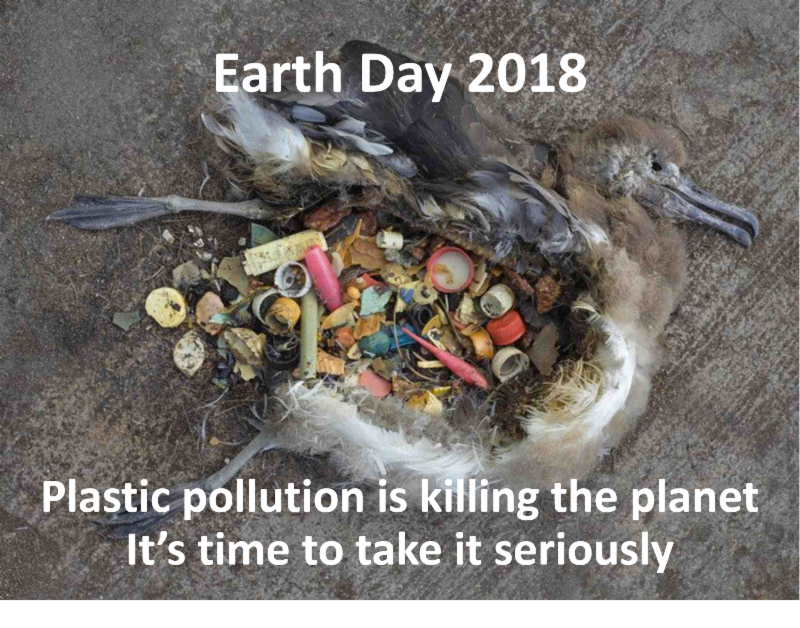- HC stays IDRA move to suspend Sonali Life Board Directors |
- Man dies from heat stroke in Dhaka’s Gulistan |
- UNRWA Situation Report no. 103 on the Gaza Strip & West Bank |
- UNRWA Situation Report no. 103 on the Gaza Strip & West Bank |
- US Human Rights Report 2023: Significant HR issues persist |
The leap of modern recycling

Plastic pollution killing the planet
Wasted resources are toxifying our oceans, landscapes, and the air we breathe, this is further accelerated by the increase in overall plastic consumption globally. This complex combination urgently calls for a resource transformation - a systemic approach to building a future focused on resource optimisation, economic growth, and sustainable development.
The potential disruption from climate change to both the economy and our ecological systems is a real and significant risk. Global resources are valuable and finite, and the current linear economic model is outdated and damaging. If the global population continues to consume at the current rate, staying below the 1.5 degrees global warming target will be impossible.
Meanwhile, the effects of climate change are becoming more evident than ever before. As countries across the world grapple with the implications of a warming world, global leaders are increasingly compelled to make choices that have long-term climate impact at their core.
How can global mindsets be shifted from climate awareness to climate action? What needs to be done to transform archaic wasteful systems into clean economies? How can nations input EPR frameworks that work for their people and avoid costly U-turns when building up a circular economy? What does a resource transformation look like, and how can it be achieved with smart, technological solutions?
Eco-Business Partnerships

